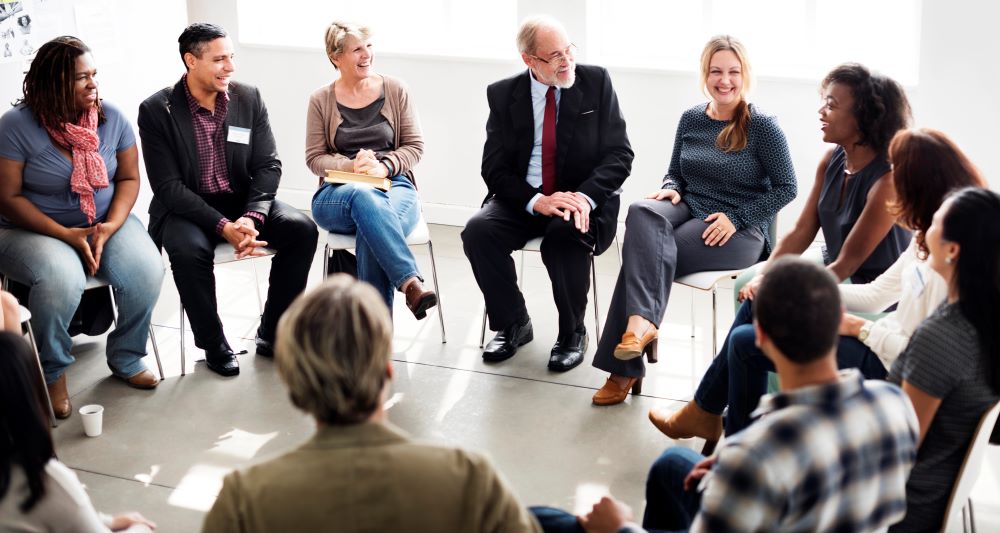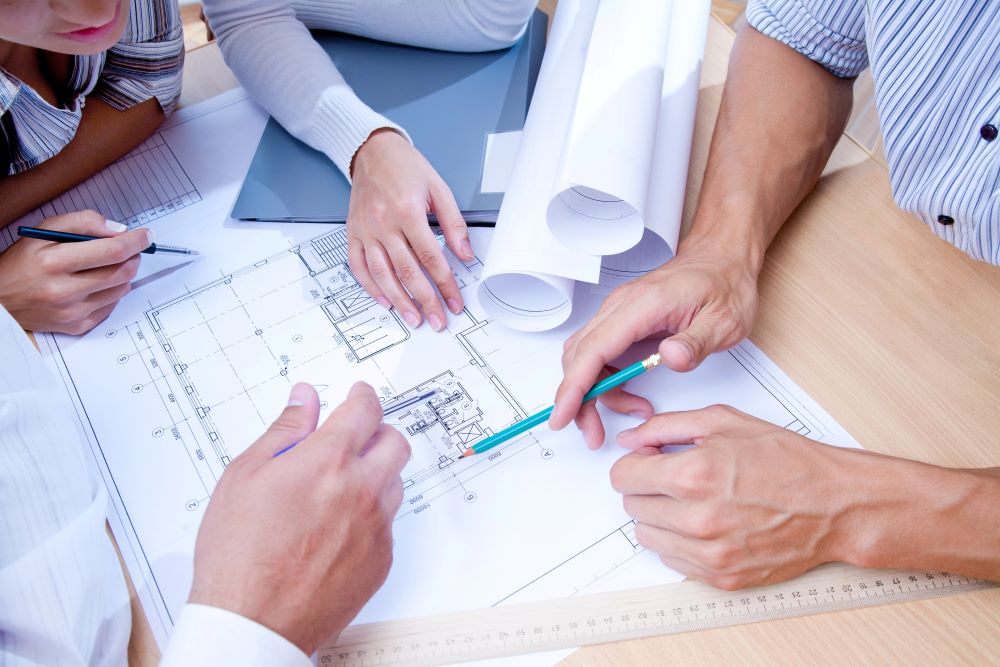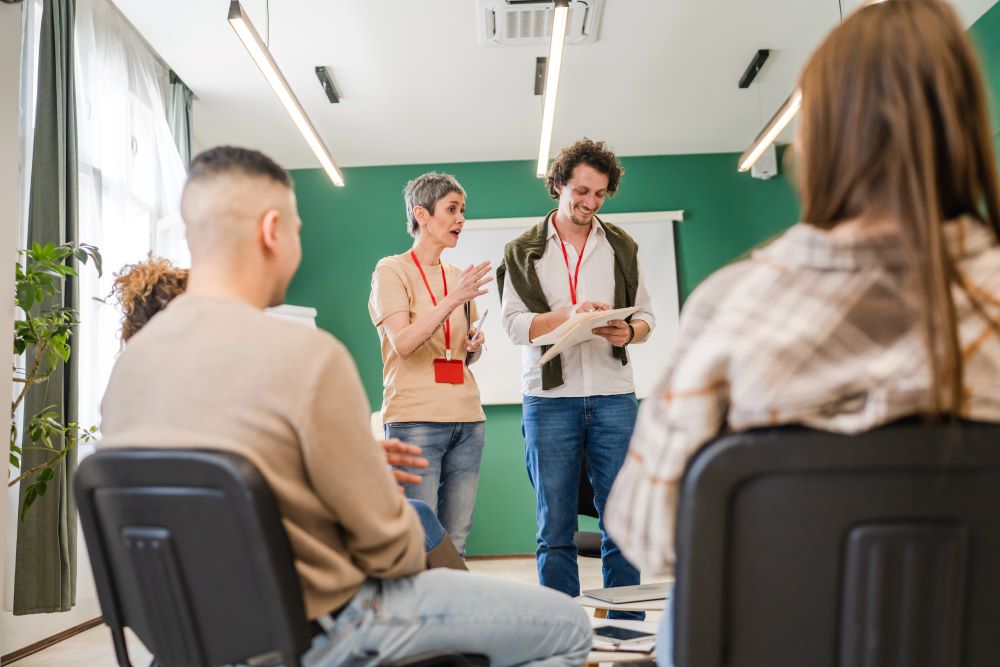ABOUT US
Rehàbitat is a non-profit cooperative that provides comprehensive services to promote community engagement in the rehabilitation of neighborhoods, buildings, and housing, as well as in urban redevelopment processes.
We work through multidisciplinary teams in social work, architecture, legal services, mediation, and administrative management, with the aim of helping communities of neighbors benefit from public subsidies for the rehabilitation of residential buildings—often complex to access and manage.
Our efforts focus on the remodeling, renovation, and rehabilitation of buildings using European funds and national, regional, and local public funding, through public-social collaboration. We follow sustainability criteria aimed at energy efficiency (SATE insulation systems, aerothermal energy, photovoltaic installations…) and improving the quality of life of residents, many of whom live in situations of social and economic vulnerability.
Rehàbitat is a model of social and architectural innovation that has been successfully implemented in Barcelona and 18 other municipalities. Over the years, we have developed more than 23 projects, with investments exceeding €186 million, helping more than 200,000 people. Our work has supported over 1,800 communities of neighbors and improved living conditions in more than 50,000 homes.
Rehàbitat is one of the strategic lines of action within the Ètic Hàbitat Cooperative Group, which has over 10 years of experience in developing social policy initiatives.
We are a multidisciplinary team of professionals united by a common goal: improving the social well-being of citizens and promoting the circular economy through ethical and responsible work. These professionals are part of the 8 interconnected work streams of Ètic Hàbitat, which focus on the social and community action sector through a comprehensive 360-degree perspective—offering innovative and effective solutions to the needs of society.
OUR PROFESSIONALS
The interdisciplinary team at Rehàbitat is composed of professionals in social work, architecture, law, mediation, and management. They design tailored work plans with clearly defined goals, agreed upon with each community of neighbors, to address a growing challenge: how to carry out energy-efficient building rehabilitation in socioeconomically vulnerable neighborhoods, while also strengthening community capacity in areas such as organizational structure, financial management, project funding, building maintenance, and resident participation.

Our social support team guides communities in meeting the goals set in their work plans. They provide assistance in accessing necessary funding and public grants, and accompany residents through the potential disruptions and environmental changes that rehabilitation work may entail.
We help communities and individuals navigate the challenges that may arise throughout the process, facilitating adaptation to change.
Our technical and architectural team oversees and coordinates the entire rehabilitation project, including energy upgrades and accessibility improvements. They assess the specific needs of each space, develop technical plans, design optimal solutions, and ensure all interventions comply with current regulations. They also monitor the quality and progress of the work, ensuring that timelines, budgets, and standards are respected to deliver efficient, sustainable, and accessible renovations.


The legal team ensures that all procedures comply with legal requirements and supports communities with their fiscal obligations. They also advise residents in regularizing legal issues such as property ownership, inheritance matters, or debt situations.
Our administrative management team handles all administrative processes, including preparing and submitting grant applications, ensuring that all documentation meets the required criteria. They liaise with public authorities to ensure proper compliance with deadlines and procedures.


Finally, our mediation team facilitates conflict resolution among neighbors, promoting dialogue and mutual understanding. They help create a safe space for individuals to express their concerns and reach consensus-based solutions.
